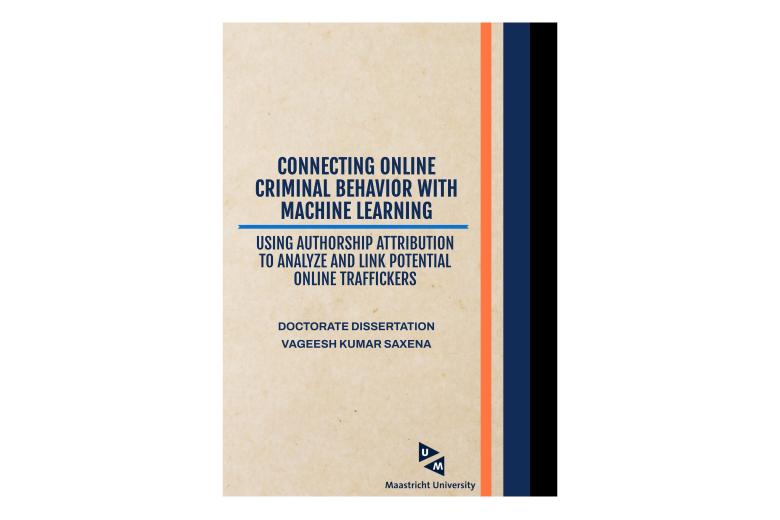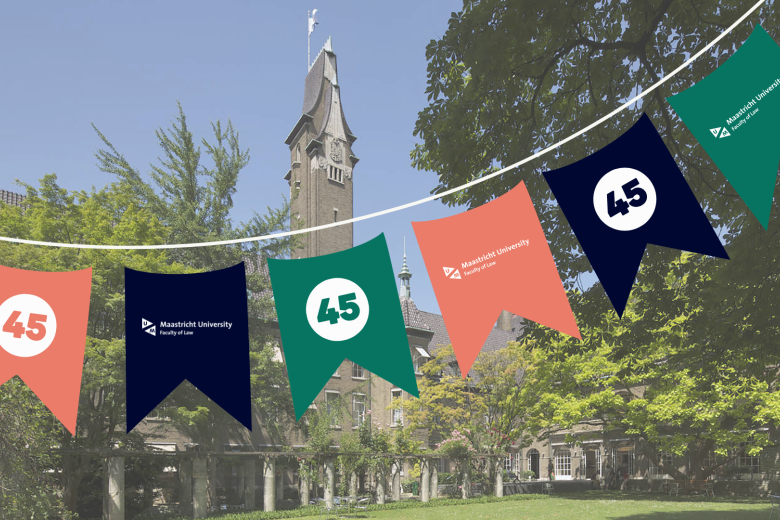RECIPES: innovation and the precautionary principle in the EU
The EU project REconciling sCience, Innovation and Precaution through the Engagement of Stakeholders (RECIPES) aims to analyse how the precautionary principle can be applied in the European Union while still encouraging innovation. The project consortium is led by Ellen Vos and Kristel De Smedt of the Faculty of Law.
The precautionary principle guides decisionmakers faced with risks, scientific uncertainty and public concerns. It encourages early and forward-looking action to minimise risks. Critics argue that it promotes excessive caution and hinders technological innovation. The RECIPES project, which is funded by the European Commission, is based on the idea that the application of the precautionary principle and responsible innovation do not necessarily contradict each other. The project therefore aims to develop tools and guidelines to ensure the precautionary principle is applied while still encouraging responsible innovation. Stakeholders are kept involved through interviews, workshops and webinars.
The RECIPES project consists of four phases, two of which have been completed. In phase 1, the RECIPES Consortium examined the notions of precaution and the precautionary principle and its effect and application at the international, EU and national levels. This also included analysis of the notions of innovation and the ‘innovation principle’ as well as an analysis of recent and on-going controversies to understand competing interests and concerns of stakeholders and citizens.
In phase 2, the project analysed the application of the precautionary principle across different areas in nine case studies. This analysis informs phase 3, which is the development of scenarios for future application of the precautionary principle and innovation, which started in September 2020. The purpose of the scenarios is to highlight the potential and the risk of allowing either precaution or innovation to dominate the development of law and governance with reference to new and emerging technologies. These scenarios are being co-created with relevant stakeholders.
In the fourth phase, the project will identify tools and guidelines for implementing the precautionary principle and balancing it with innovation, involving stakeholders and citizens. RECIPES will develop general and sector-specific recommendations by the end of this phase.
Read more in the blog post by co-coordinator Kristel De Smedt.
More information on the project can be found on the RECIPES website recipes-project.eu
| Return to lawreview2020 |
Also read
-
Connecting Online Criminal Behavior with Machine Learning: Using Authorship Attribution to Analyze and Link Potential Online Traffickers
PhD thesis by Vageesh Saxena
-
Faculty of Law celebrates 45th anniversary
In 2026, the Faculty of Law at Maastricht University will celebrate its 45th anniversary.
-
Global Mobility of Individuals - Contribution to OECD's Consultation
The OECD launched a public consultation on "Global Mobility of Individuals" and invited input from stakeholders on the tax challenges arising from new ways of working, including remote and cross-border work. Members of the Maastricht Centre for Taxation (MCT) have contributed to the consultation.